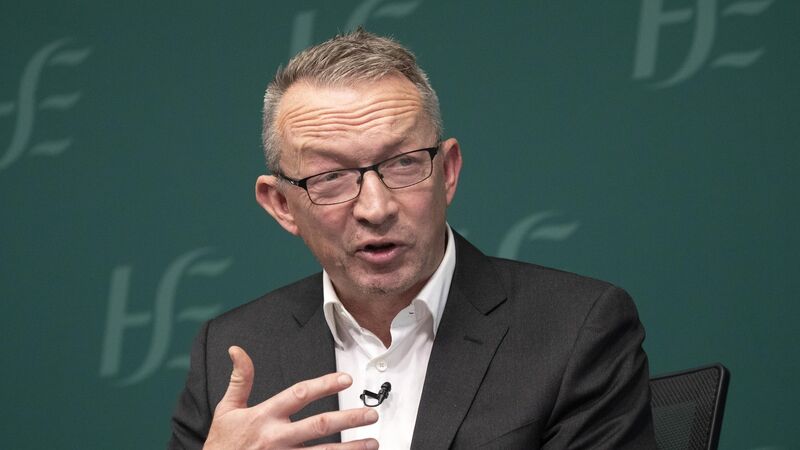HSE to establish two perinatal genetics testing hubs next year

The HSE's chief clinical officer, Colm Henry, said his thinking around genetics developed while working at the Mercy University Hospital in Cork. File picture: Colin Keegan, Collins Dublin
A new perinatal genetics testing service will roll out next year as part of an improved approach to genomic medicines, with Cork being considered as one of two bases.
The HSE's chief clinical officer Colm Henry has revealed details of the new service following the recent launch of a national strategy for 'Accelerating Genetic and Genomic Medicine'.













